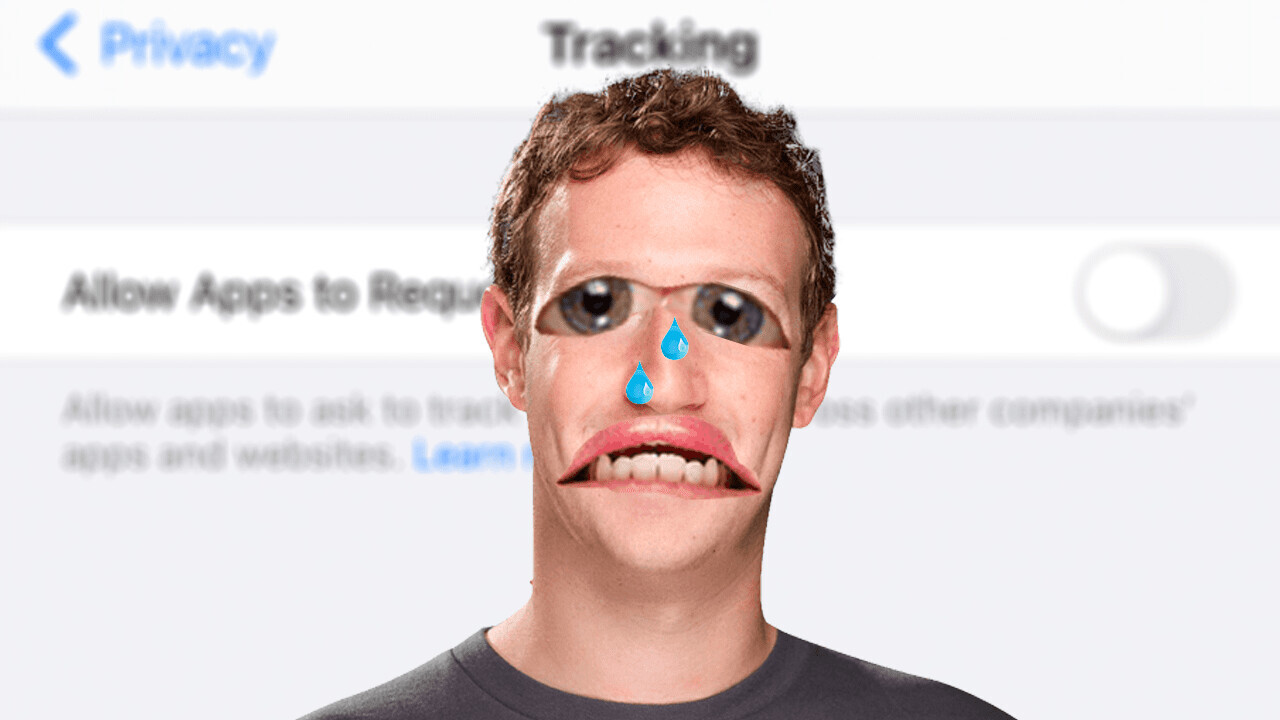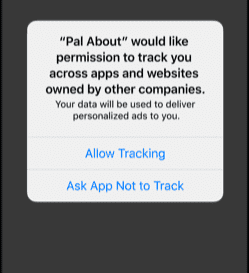
At the end of the day, all Apple wants is your money. Sometimes though, this desire for cash manifests as something that’s actually positive for users. And Apple’s app tracking transparency is one of those things.
With the launch of iOS 14.5, Apple included a feature that allows you to stop apps tracking you across multiple bits of software or websites. Facebook and Mark Zuckerberg hate it — and you can find a breakdown of the function here.
And — would you believe it? — it appears as though droves of iOS users are opting out of being tracked across apps. No. Surely not. Never.
A new report from Flurry analytics estimates that only 4% of active iOS users in America have opted in to ad tracking:

If you take the whole world into account, this rises to 12%. This global figure is based on a sample size of 5.3 million active daily iOS 14.5 users.
One of the interesting elements of app tracking transparency is there are two ways to use it. The default option is you get a pop-up when an app requests access. Something that looks like this:

This function is what the figures above are based on. The other option available is to turn the “Allow Apps to Request to Track” off completely. You can see an example of this right here:

When this function is off, apps are automatically unable to track you. According to Flurry Analytics, only 5% of active iOS users worldwide have this restricted feature enabled.
Are you reading this on an iPhone? Then, friend, go and revoke access to this data right now. Let’s increase that percentage.
You can find it in: Settings > Privacy > Tracking.
App tracking transparency is undoubtedly a Good Thing™, but let’s not lose sight of why Apple is doing this: to make money. Privacy is now an Apple product. A very good one, mind, but something it wants you to shell out on.
Still, I’d rather buy that than the privacy-eroding shit Facebook’s selling. And it looks like Apple’s selfish move is coming up Milhouse for each any every iPhone user. That’s gotta be worth something.
Get the TNW newsletter
Get the most important tech news in your inbox each week.





